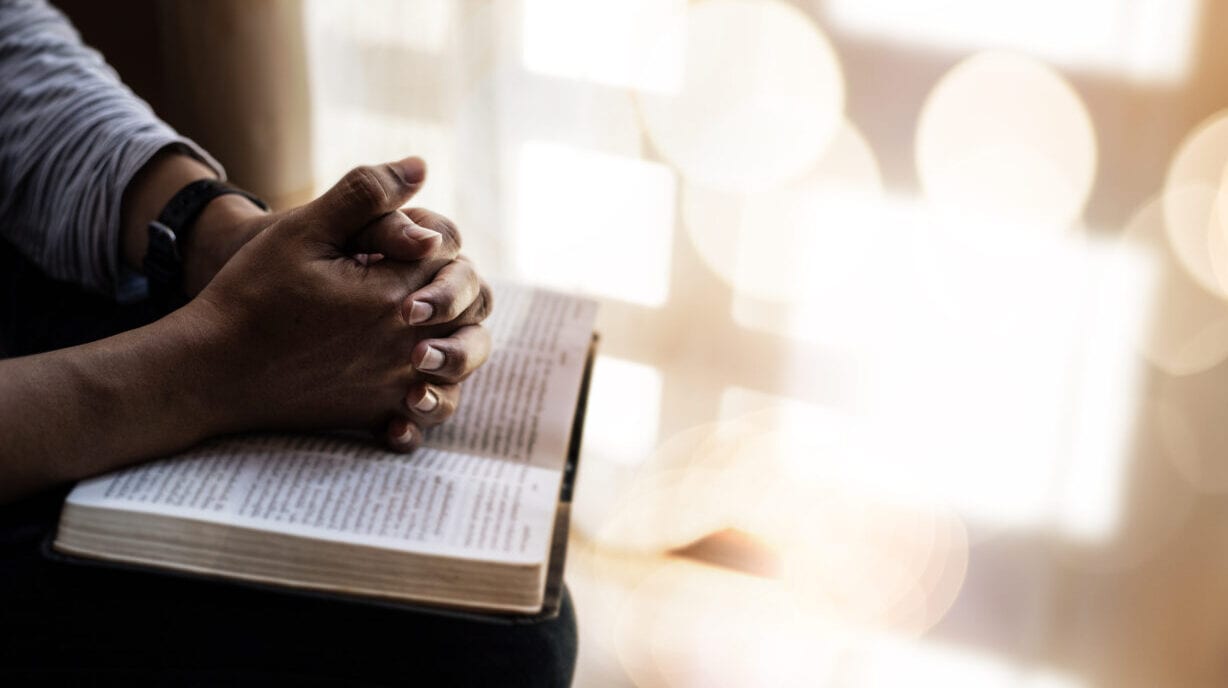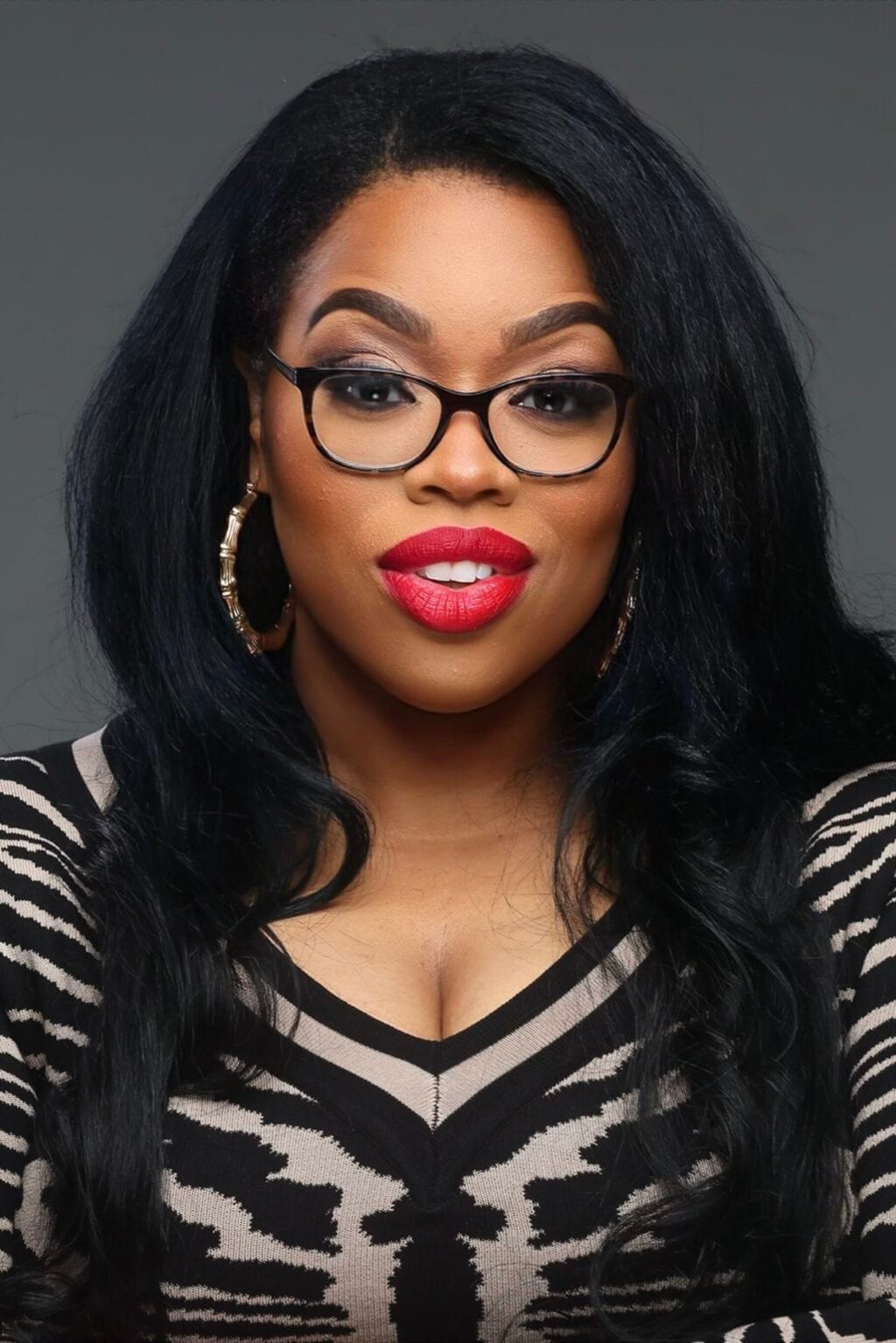Welcome to Catch (20)22, a series exploring how we all can maximize our new year while being sensitive to the current moment and gracious to ourselves.
As January comes to a close, many are full steam ahead in actualizing their new year’s resolutions. Some may be reevaluating them. Others may have peaced out on them altogether. In that way, resolutions can be both simplistic and complicated.

There are some who have committed to deepening their faith and spirituality this year. Whether through prayer or meditation, church attendance or ritual, there is a longing for something more and desire to find it. In a world that does not make sense at any given moment, a relationship with something higher than us is vital. It enables us to refuse apathy and detachment to find a way to hope and believe that better is possible and available to us all.
The truth is, no matter how spiritual we are, it can always be deepened. We can always find a way to strengthen our roots. But it has to be our way. There are methods that say, in order to become a more spiritual person, you need to pray more. Hearing that, you may find yourself trying to carve out extra minutes in every day to pray until it becomes routine. And, while that may be good, that might not necessarily be what you need in order to become more in tune with the Divine.
We have to be willing to get still and listen within ourselves to what we need. There is a yearning, something that calls all of us to lean into the particularities of our experiences to go deeper. One of my favorite passages, found in Matthew 16, proves this. After traveling around the country, healing people and transforming lives, Jesus asks his disciples: “Who do people say that I am?” What are folks saying about me? What’s the word on the street about who I am and what I do? Without hesitation, the disciples answer and tell Jesus everything they’ve been in position to hear people say.
Then Jesus asks another, more specific question: “Who do you say that I am?”
Nobody answers him except Simon Peter. Just a few seconds before, the other eleven had so much to say about what everybody else had to say about Jesus, but when it came time for them to say who and what Jesus meant to them, they had no words. Maybe they were nervous. Maybe they didn’t know what to say. I don’t know. But Simon Peter answered Jesus’ question confidently, from a knowing within himself.
Our relationships with the Divine have to be that personal. That’s the greatest lesson I’ve learned. My relationship with God will not look like my mother’s or my grandmother’s. It’s not supposed to; I’m not them. We were uniquely created and crafted to bring all of ourselves into our relationships with the Creator. And when we do that, we must have the bold courage to name that relationship as it is. In doing so, we give others the permission to find a God who shapeshifts to meet us where we are and become what we need God to be.
I wonder if the disciples wanted a do-over. I wonder if they ever longed for an opportunity to speak up in that moment and tell Jesus, in front of everyone present, exactly who they thought him to be. Let us learn from them. Let us take every opportunity to go deeper this year so that our relationships with the Divine are our own and we can name them as such. May this year find us all in our resolve to grow stronger and deeper roots—and may we enjoy the fruit that will undoubtedly grow.

Candice Marie Benbow is theGrio’s daily lifestyle, education and health writer. She’s also the author of Red Lip Theology: For Church Girls Who’ve Considered Tithing to the Beauty Supply Store When Sunday Morning Isn’t Enough. Find her on Twitter and Instagram @candicebenbow.
Have you subscribed to theGrio podcasts, Dear Culture or Acting Up? Download our newest episodes now!
TheGrio is now on Apple TV, Amazon Fire, and Roku. Download theGrio today!













More Stories
Tennessee politicians strip historically Black university of its board – The Associated Press
Black College Students Receive Racist “Pick Cotton” Texts – Vibe
How Asha Abdul-Mujeeb, a Black digital archivist, is preserving HBCU history – Reckon